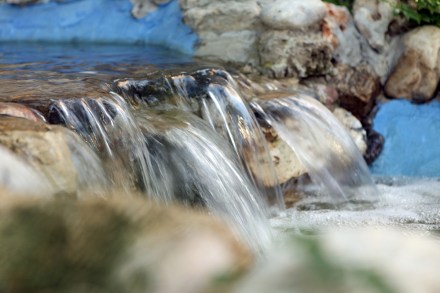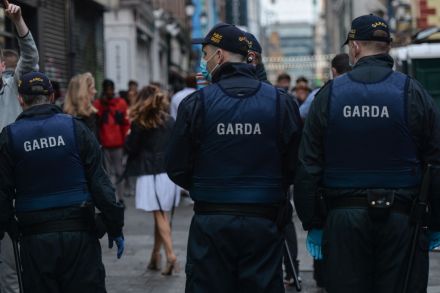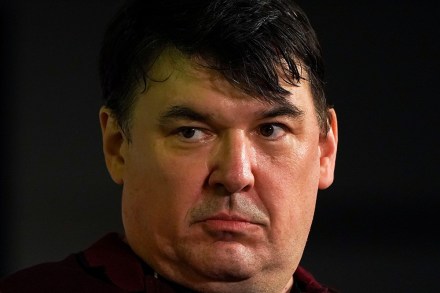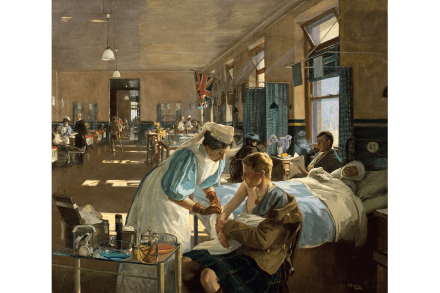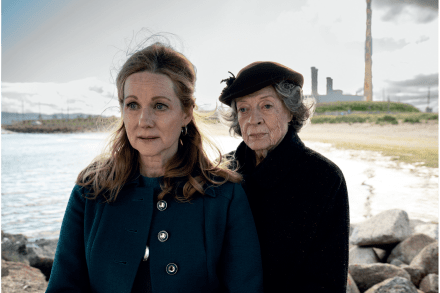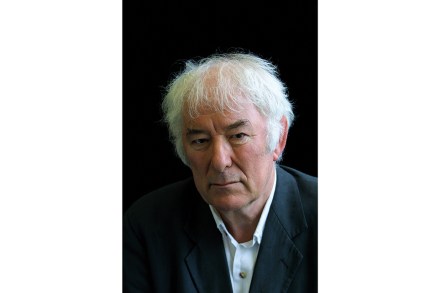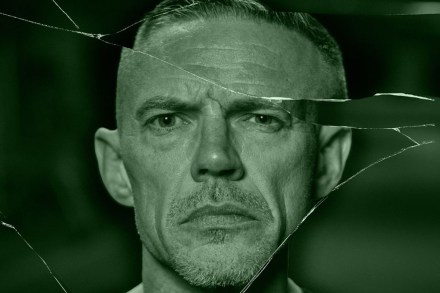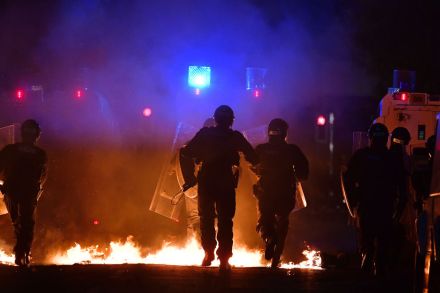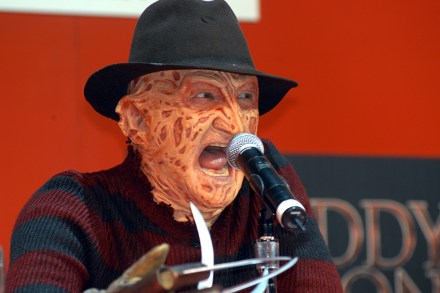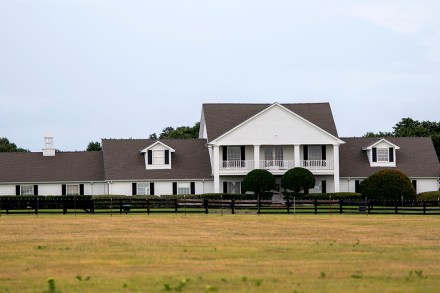Have I cursed myself by drinking holy water?
The mountain spring that feeds our house froze during the first ground frost, and we had no water. The builder boyfriend filled a bucket from the fountain in the garden so we could flush the loo. This really is living in faded grandeur. I spent the evening worrying about how we had cursed ourselves by drinking and bathing in holy water We are waiting on various tradesmen to turn up and do things to the plumbing in our run-down Georgian pile. We know we might have to drop a bore hole. But until then the water coming out of our taps is from a ‘holy well’. The stream pools into
